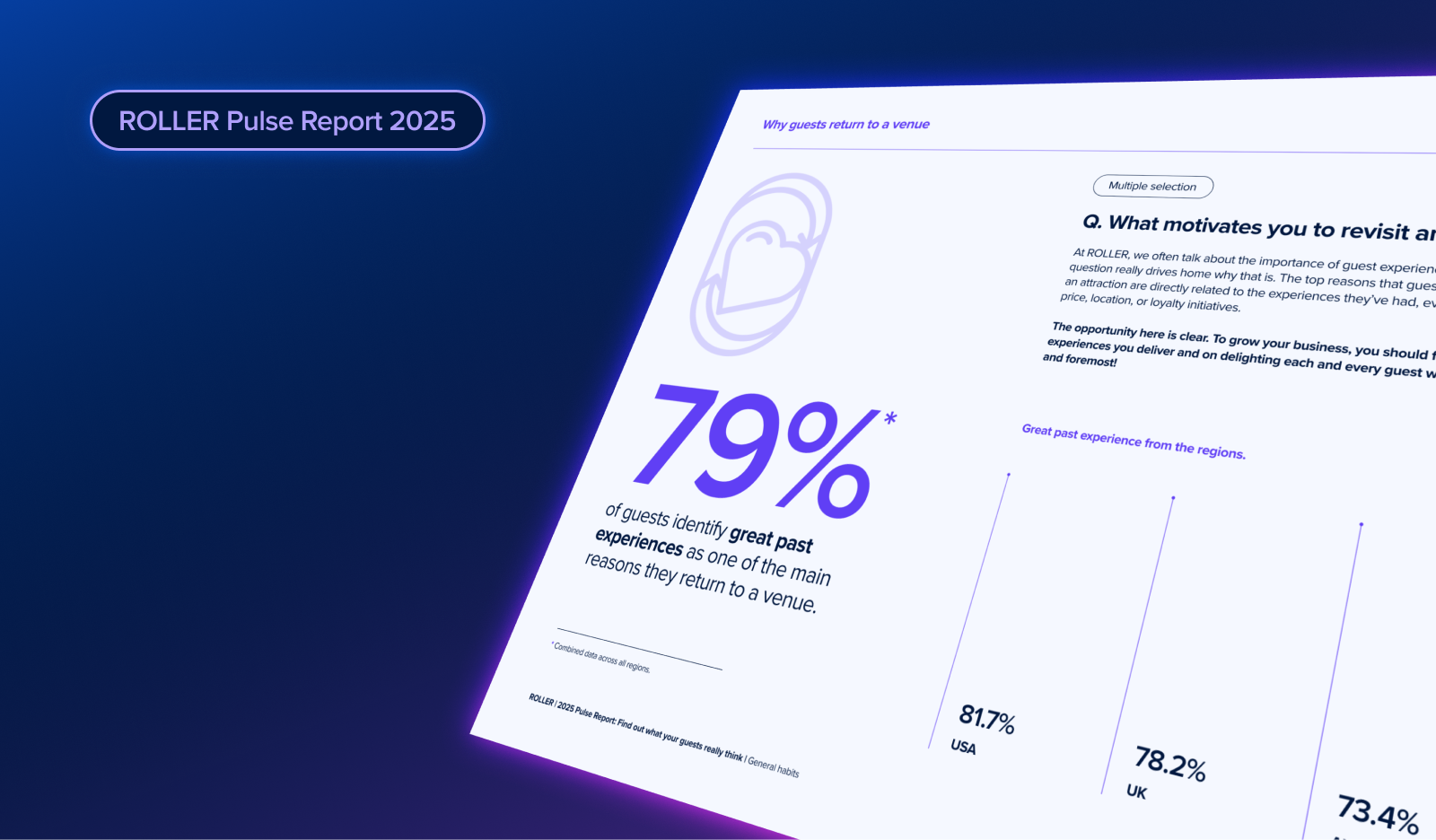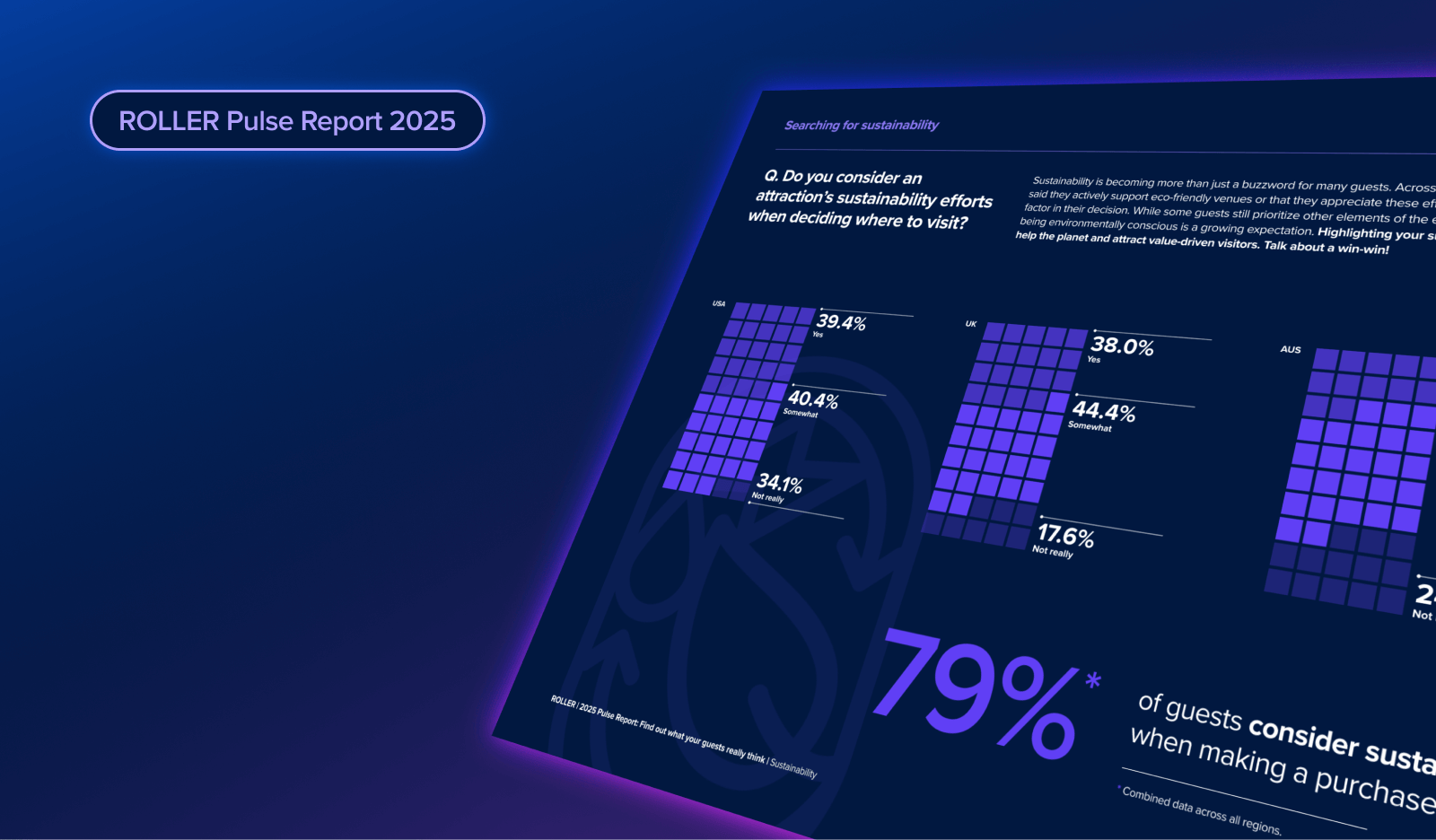How to Implement Guest Feedback into Your Operations and Culture

Feedback from guests is the best gift you can receive. When it’s positive, it feels great to share it with your team and celebrate together. When it’s negative, it’s just as important of a gift, if not even more important, because it tells you where you need to improve, regardless of whether you agree with the feedback or not. Because less than 4% of guests who have a negative experience will complain, a negative comment you receive from a guest is actually the voice of many others who won’t speak up.
Collecting guest feedback is only one part of the equation, though. And it’s only as good as how you use it. Here are three of the best ways to leverage guest feedback and implement it into your operations and culture to ensure continued growth and success.
Recognize your staff for receiving positive feedback
When a staff member gets a compliment, whether it is left in person, in a survey, in an online review, or on social media, this is an opportunity for celebration. Recognizing the staff member mentioned in the comment is a great way to reinforce the behavior so that they continue doing whatever they did to earn the positive comment. Thank them personally, be specific in letting them know what they did right, be consistent, and incorporate it into your staff reward program if you have one. The accumulation of guest compliments can sometimes be the ego boost your staff needs to keep them going during stressful times.
Coach your staff when guests complain
On the flip side, when a guest has a poor experience, and they either refer to a staff member or an area of the business overseen by staff, it must be addressed just as consistently and urgently as positive feedback. Keep in mind that coaching your team is not necessarily the same as disciplining your staff. You want your team member to walk out of the coaching session feeling like they’ve learned something and they are ready to tackle the next challenge, not defeated for doing something wrong. Coaching should always be done in private and should include a discussion of how to handle a circumstance differently. The feedback staff should be concise, objective, and always based on what the guest says rather than your personal opinion.
Use guest feedback to implement improvements
Lastly, guest feedback should always point to the future, not just reflective on instances that have already occurred. Because each piece of feedback you receive is based on a moment in time and the perception of an individual guest, significant changes to your business should be based on aggregated data, not just the opinions of a small number of people. Measure guest feedback across time and departments, so the highest priorities rise to the top based on what guests are saying in masses, and focus on resolving these issues first, then moving on to the next. Remember that when making long-term changes, the solution is not always the opposite of the problem but should focus on the perception of the problem and how it impacts the guest experience. For instance, complaints about high prices should not necessarily dictate that prices should be lowered but rather stress that the value of the price paid is not being communicated effectively. Looking at issues through the lens of the guest helps to create a long-term solution.
Guest feedback should be valued, whether it is positive or negative, and acted on accordingly. Feedback should empower your staff to continue improving their service standard and regularly enhance the guest experience. It is the wellspring of data that you need to make considerable changes to your business.
Related articles

.png)
What the 2025 Pulse Report Reveals About Guest Booking Behavior at Attractions

2025 Pulse Report: How Sustainability Is Shaping Guest Expectations
Enhance your guest experience
Get free education, tips and inspiration to help you run a successful venue.
